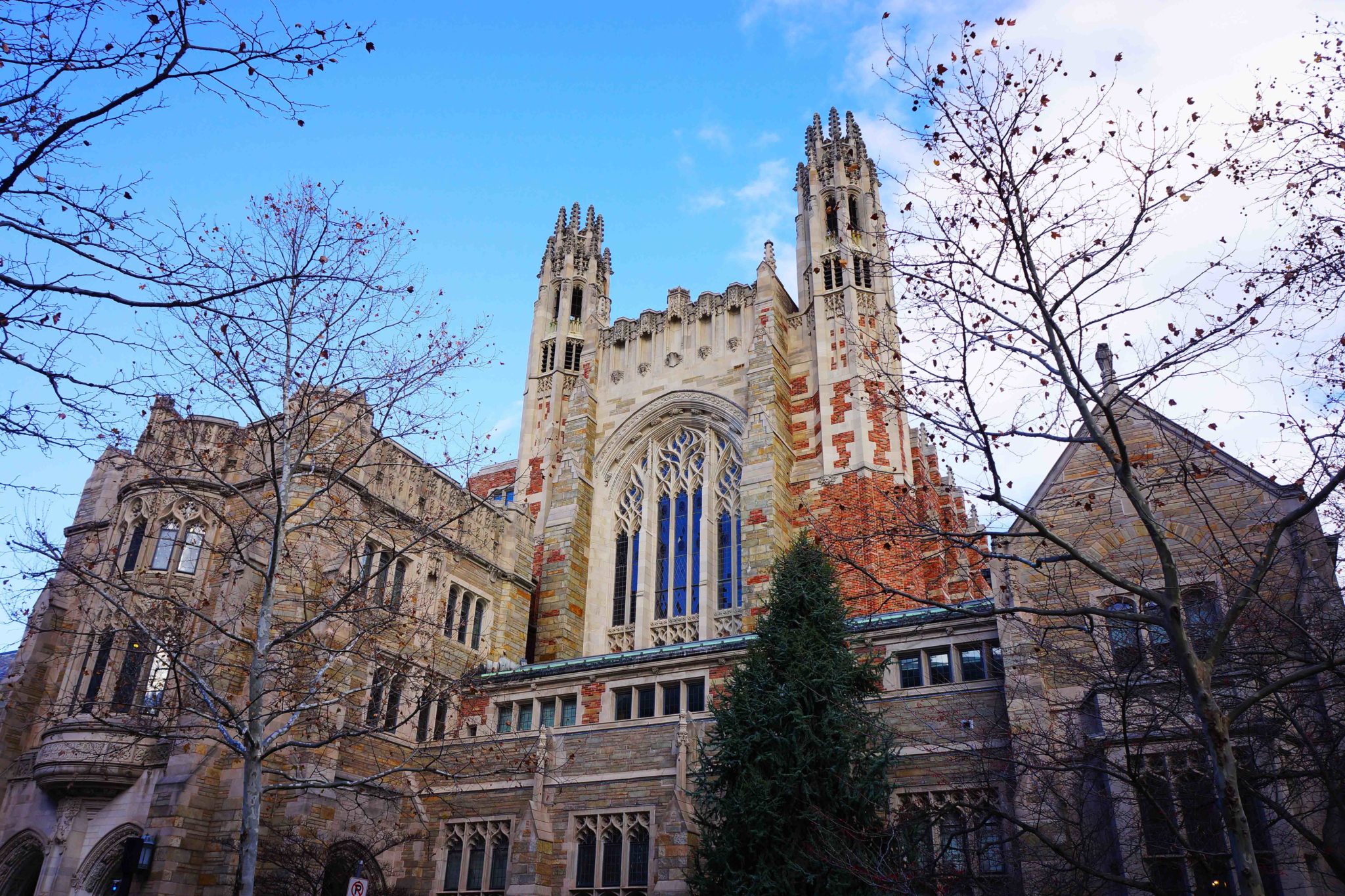
Yale Daily News
As the reported investigation into misconduct of Yale Law School Professor Jed Rubenfeld progresses, Yale Law School alumni say that they are not surprised that such allegations against him would come to light.
Last month, The Guardian, the legal journal Above the Law and other outlets reported that Rubenfeld was facing an internal investigation into his alleged inappropriate conduct toward female students, among other accusations. In the Guardian article, Rubenfeld confirmed that that the University notified him this June of an “informal review” of certain allegations against him. It was also reported that both Rubenfeld and his wife, a fellow Law School professor Amy Chua, allegedly told female law students vying for clerkship with then-U.S. Circuit judge Brett Kavanaugh ’87 LAW ’90 that he preferred physically attractive female clerks. Kavanaugh, who was accused of sexual misconduct by three women, was recently confirmed as an associate justice on the Supreme Court.
Despite the publicity the investigation into Rubenfeld received, the Law School itself has repeatedly refused to confirm or deny the existence of such a probe. In September, Law School Dean Heather Gerken wrote in a statement that the School cannot comment on individual complaints or investigations.
The investigation comes at a time when the Law School is reckoning with its status and power, given the recent conversations surrounding Kavanaugh, a Yale College and Law School alumnus, and the allegations of misconduct against him.
“How the school relates to powerful men when that power comes at the expense of women is something the institution needs to think very deeply about, and I hope the investigation into Rubenfeld will do that,” said Megan Wachspress LAW ’17.
An email from an unnamed alum that circulated among the alumni community over the summer states that the Law School hired private Title IX investigator Jenn Davis to conduct a probe into Rubenfeld’s behavior. According to the email, Davis is seeking information regarding Rubenfeld’s “disparate treatment” of women, excessive drinking with students, improper employment practices and “retaliation against students who do not show sufficient loyalty.”
The email also stated that Davis will offer any level of anonymity to students or alumni willing to talk to her, but warned that she “cannot offer attorney-client privilege; if her records are ultimately subpoenaed, she could fight the subpoena, but can’t guarantee she would win.”
In September, the Law School’s spokeswoman Janet Conroy told the News the Law School did not send this email to the alumni community. The original source of the email remains unclear.
Rubenfeld did not respond to requests for comment.
“It was not a surprise to basically any woman in my class that this investigation is going on,” said Grace Kao LAW ’15 in an interview with the News.
Kao said that while she was a student at the Law School, she made a “conscious decision” to separate herself from any “inner circle” that would include Rubenfeld and Chua due to their reputations within the community. She said that she personally heard stories about some of Rubenfeld’s behavior Davis is allegedly seeking information about.
Still, she added that for some people, joining Chua’s and Rubenfeld’s circle “wasn’t much of a choice” due to their professional ambitions.
In 2014, Kao was one of the signatories on a letter signed by over 80 law students in response to Rubenfeld’s Nov. 2014 New York Times op-ed, “Mishandling Rape,” which criticized how universities deal with sexual misconduct allegations. While Rubenfeld discussed how universities ultimately fail students in their handling of these cases, he also voiced opposition to policies of “affirmative consent” — which Yale defines as “positive, unambiguous, and voluntary agreement to engage in specific sexual activity throughout a sexual encounter.” Rubenfeld argued that the policies are too broad and “encourage people to think of themselves as sexual assault victims when there was no assault.” His stance prompted backlash from law students, who wrote and circulated the aforementioned open letter refuting his opposition to affirmative consent policies and the other points made in his piece. Wachspress, who also signed the letter, told the News that she found it “interesting” that someone with a “philosophically and ethically questionable” understanding of consent would “also potentially engag[e] in unfortunate behaviors.”
According to Kao, because of Rubenfeld’s and his wife’s reputation for securing prestigious clerkships for Law students, some students were afraid to sign the letter or speak out against him. She said that “the idea of retaliation” when it came to getting prestigious clerkships was “very real.” According to a Slate article on Rubenfeld, Chua has often helped students get coveted clerkships.
“I had a lot of classmates who are always very worried about putting their name on something like that,” Kao said, adding that when she signed the letter herself, she felt that she was also signing it on behalf of classmates who could not because of their professional aspirations.
Rubenfeld graduated from Harvard Law School in 1986.
Asha Prihar | asha.prihar@yale.edu







